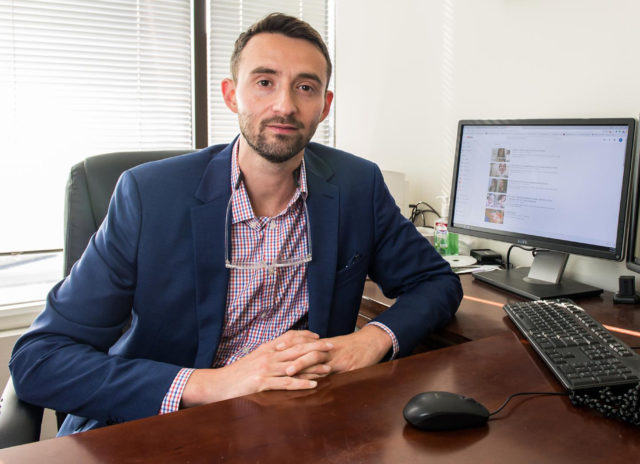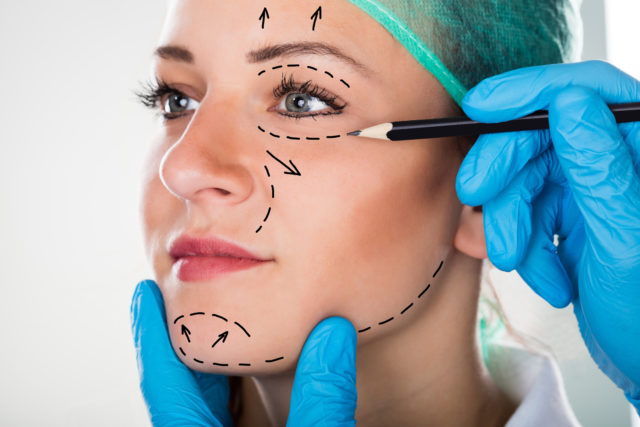YouTube videos provide misleading information on plastic surgery, study finds
Most people who post these videos are trying to sell you something, researchers say.

Facial plastic surgery videos on YouTube are a source of misinformation and many of them are misleading marketing campaigns posted by non-qualified medical professionals, according to new research.
A study, based on 240 of the most-viewed videos on the site, has revealed that a majority of clips do not include qualified professionals, with 39% of them featuring people without any medical expertise.
The researchers identified the videos, which have combined views of 160 million, by using keyword searches such as “eyelid surgery”, “facial fillers”, “ear surgery”, “facelift”, “lip fillers” and “nose job”.
The study from Rutgers University is the first to analyse YouTube posts about facial plastic surgery procedures.
According to lead author Dr Boris Paskhover, an assistant professor at Rutgers New Jersey Medical School, many YouTube videos provide a false understanding of facial plastic surgery and do not include the risks or alternative options.
He said: “Videos on facial plastic surgery may be mainly marketing campaigns and may not fully be intended as educational.”

The researchers evaluated the videos using DISCERN criteria, a scale for assessing the quality of medical information.
The measuring tool takes into account the validity of the information presented, the risks involved as well as a discussion about non-surgical options.
The researchers also evaluated the people who posted the videos, including whether they were healthcare professionals, patients or third parties.
Physicians who appeared in the videos were rated by their board status on the American Board of Medical Specialties database.
Of the 240 videos analysed, 94 did not feature any medical professionals.
There were 72 videos featuring board-certified physicians which provided some valuable patient information but researchers warn some of these clips might contain marketing information.

Dr Paskhover said: “Even videos posted by legitimate board-certified surgeons may be marketing tools made to look like educational videos.
“Patients and physicians who use YouTube for educational purposes should be aware that these videos can present biased information, be unbalanced when evaluating risks versus benefits and be unclear about the qualifications of the practitioner.
“YouTube is for marketing. The majority of the people who post these videos are trying to sell you something.”
In its policies, YouTube says it draws the line “at content that intends to incite violence or encourage dangerous or illegal activities that have an inherent risk of serious physical harm or death” while adding that “a video that depicts dangerous acts may be allowed if the primary purpose is educational, documentary, scientific or artistic (EDSA), and it isn’t gratuitously graphic”.
But the video-sharing site, which has two billion monthly users, does not contain any guidance on publishing marketing material or misinformation that could be associated with health risks.
The research is published in the journal JAMA Facial Plastic Surgery.





